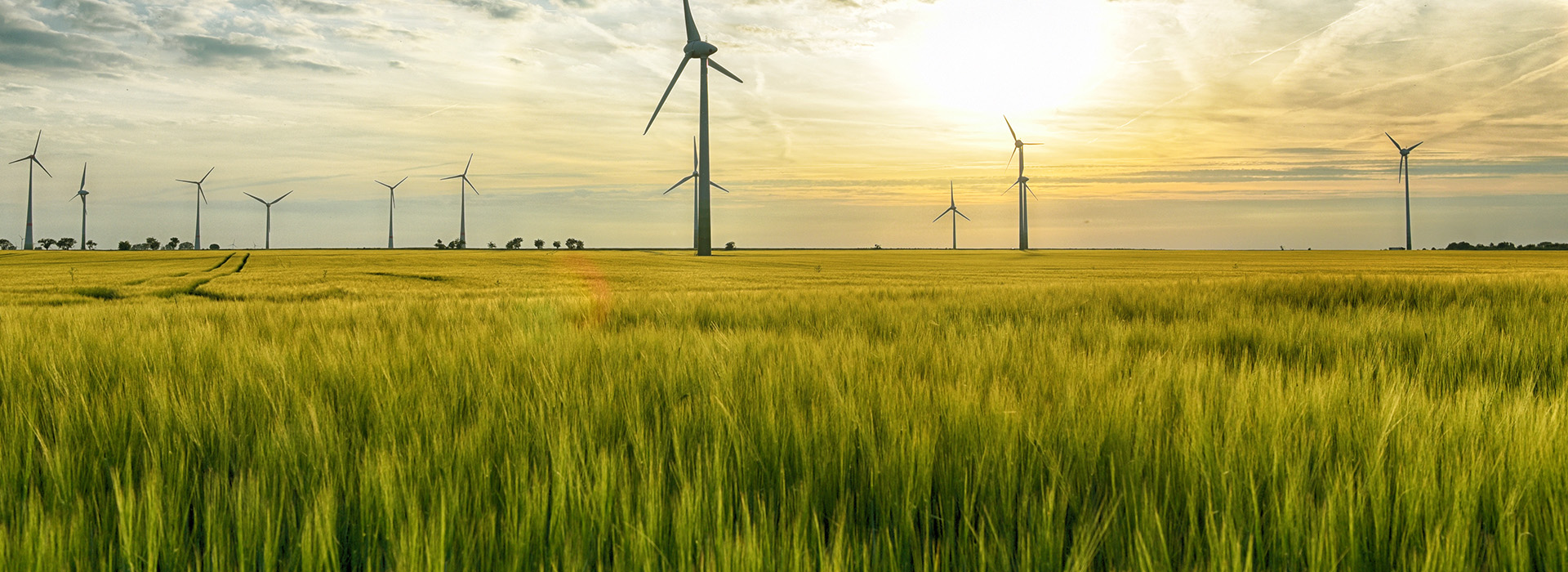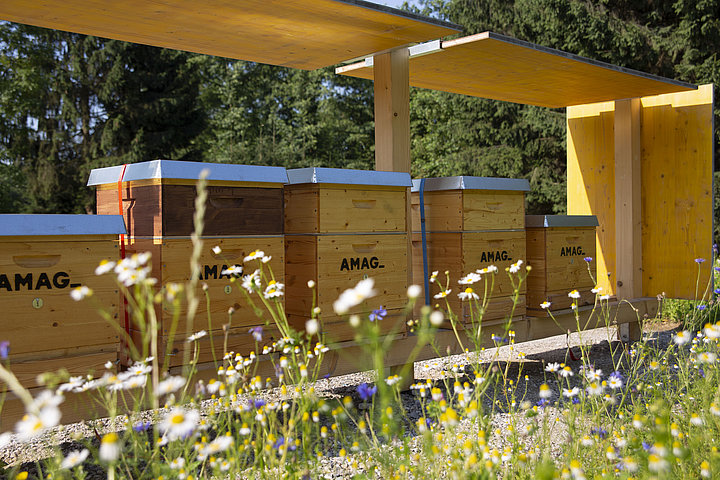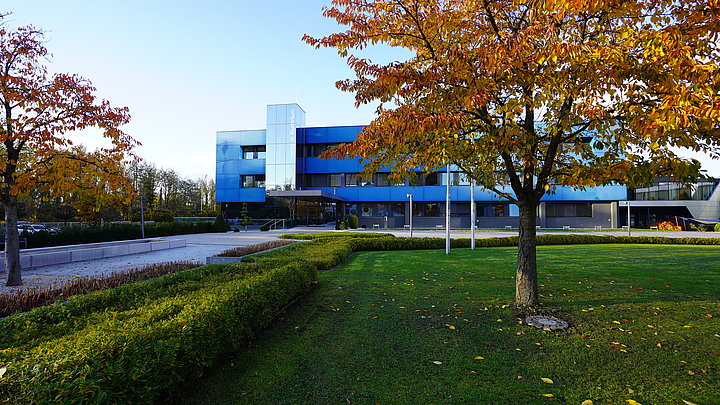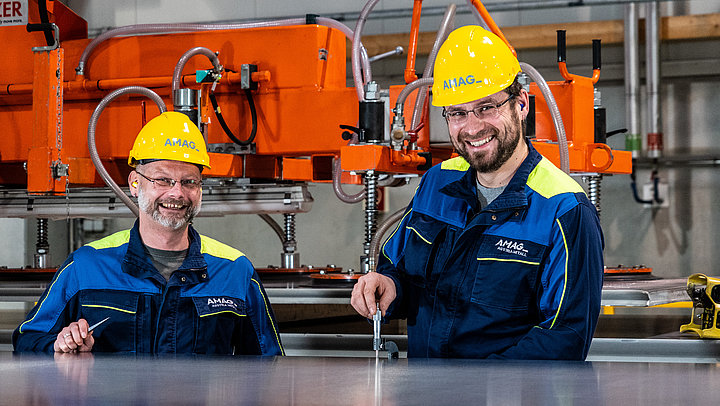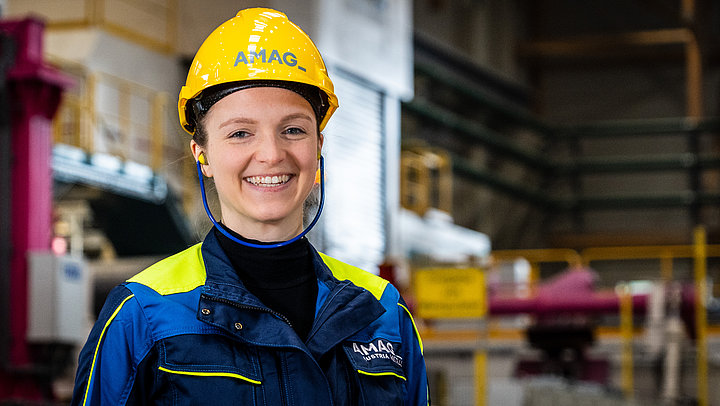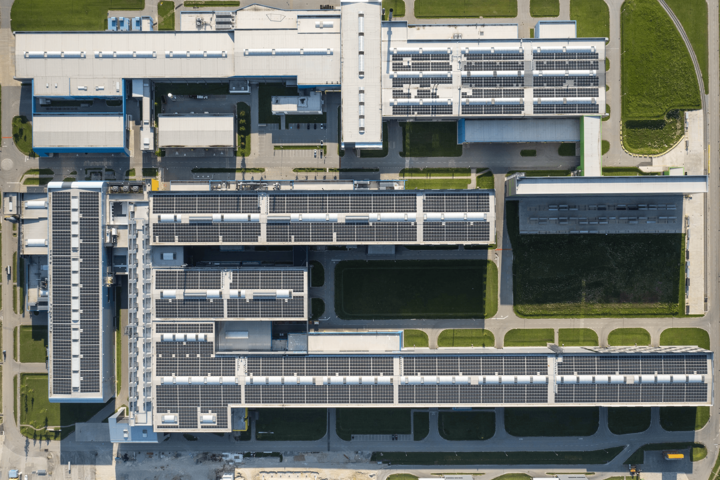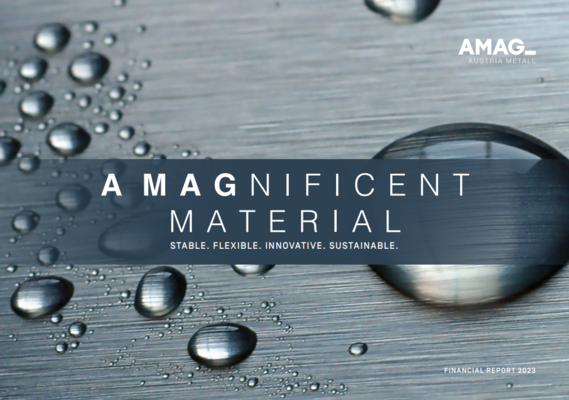Innovation, sustainability, diversity and human touch - these are the four pillars on which AMAG's strategy is based.
SUSTAINABILITY
Current stakeholder survey
Help us contribute to shaping sustainability at AMAG. You can decide for yourself which topics you want to address.
We will use the survey findings to shape our approach and commitment to sustainability, as well as the main topics to be included in our sustainability report.
Your responses will be anonymous, the survey will take 5 minutes to answer.
Take part in the stakeholder survey
AMAG thinks outside the box.
![[Translate to English:] Weltkarte](/fileadmin/user_upload/weltkarte.png)

Dipl. -Ing. Dr, Marlis Zöhrer
Head of Sustainability Management
Tel.: +43 7722 801 3548
